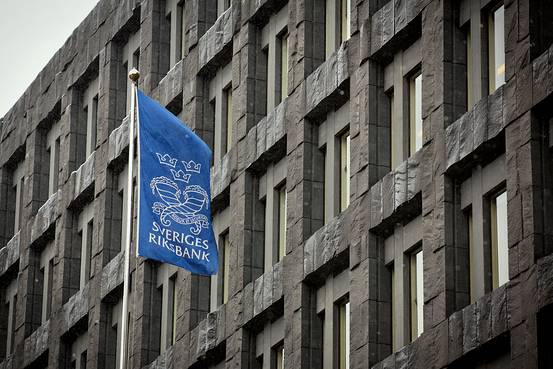On March 20, 2025, the Executive Board of Sweden’s central bank, the Riksbank, announced its decision to maintain the policy rate at 2.25%. This decision in the Riksbank meeting reflects the bank’s assessment of the current economic landscape, balancing domestic economic activity, inflationary pressures, and global uncertainties.
Economic Context
Sweden’s economy has shown signs of recovery, yet challenges persist:
- Inflation Trends: Recent data indicates that inflation has exceeded the Riksbank’s 2% target, with projections suggesting it will remain between 2% and 3% throughout the year before stabilizing.
- Domestic Activity: While there are indications of economic recovery, activity remains subdued, necessitating a cautious approach to monetary policy.
- Global Uncertainties: Ongoing global trade tensions, particularly concerning potential tariff escalations involving major economies, contribute to an environment of uncertainty.
Rationale Behind the Decision
The Riksbank’s decision to hold the policy rate steady is influenced by several factors:
- Inflation Management: Despite inflation surpassing the target, the bank anticipates a natural decline, suggesting that current monetary policy remains appropriate.
- Economic Support: Maintaining the current rate aims to support the ongoing economic recovery without exacerbating inflationary pressures.
- Monitoring External Risks: The bank remains vigilant regarding international developments, particularly trade policies that could impact Sweden’s export-driven economy.
Forward Guidance
The Riksbank has indicated that the policy rate is expected to remain at its current level in the near term. However, the bank emphasizes its readiness to adjust monetary policy if inflation deviates significantly from the target or if economic conditions change markedly.
Comparative Central Bank Actions
In contrast to the Riksbank’s steady approach, other central banks have recently adjusted their policies:
- European Central Bank (ECB): The ECB reduced interest rates by 0.25 percentage points to stimulate growth amid concerns over potential trade conflicts and increased defense spending in Europe.
- Bank of England (BoE): The BoE maintained its interest rate at 4.5%, adopting a cautious stance due to global uncertainties and stable inflation expectations.
Conclusion
The Riksbank’s decision to keep the policy rate unchanged at 2.25% reflects a balanced approach to fostering economic recovery while managing inflation within target ranges. The bank remains attentive to both domestic economic indicators and global developments, prepared to adjust its policy stance as necessary to achieve its objectives of price stability and sustainable economic growth.





